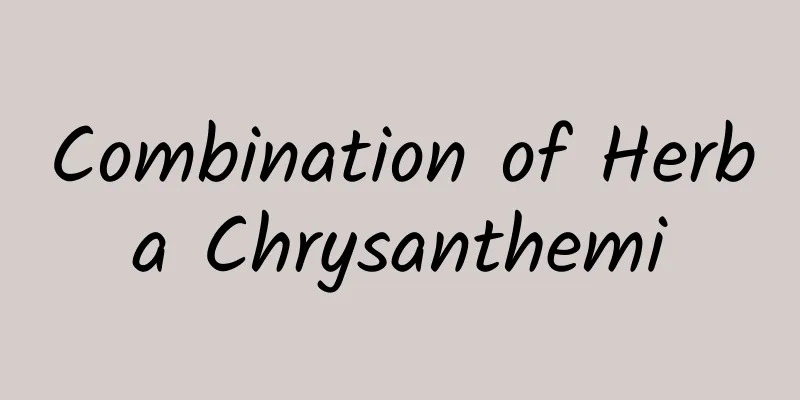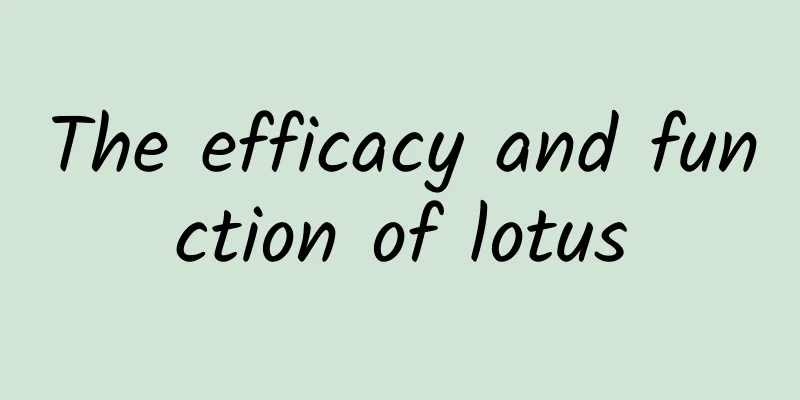Combination of Herba Chrysanthemi

|
From the perspective of traditional Chinese medicine, the medicinal effects of Ganhuangcao are sweet, cold in nature, and mainly enter the liver and spleen meridians. It has the effects of relieving jaundice and dampness, clearing away heat and removing fire, promoting blood circulation and removing blood stasis. It can be used to treat jaundice, edema, dysuria, swelling and pain of sores, injuries from falls and other symptoms. The herb contains flavonoids, polysaccharides, flavonoids, nucleic acids and other ingredients. Modern scientific research has confirmed that Ganhuangcao has the effect of sobering up, anti-thrombotic effect, liver protection and anti-liver fibrosis effect, and anti-hepatitis B virus effect. The effect of Poria cocos is cold, so people with weak spleen and stomach are not recommended to eat it in large quantities to avoid diarrhea. In addition, Poria cocos has a strong diuretic effect, so there may be a risk of damaging kidney function. "All medicines are poisonous", so it is recommended to take the medicine with caution. Ganhuangcao can treat ascites, mainly for auxiliary treatment of mild liver damage, and can treat jaundice, edema, and general fatigue caused by the liver. Subacute hepatitis, chronic hepatitis, cholecystitis, and fatty liver are all suitable for symptomatic treatment with the Chinese herbal medicine Ganhuangcao. In clinical medicine, the functions of medicinal herbs are to promote the flow of dampness and remove dampness, relieve blood stasis and relieve pain, and also to reduce jaundice, promote blood circulation, remove blood stasis and reduce swelling. For the treatment of liver disease, it is necessary to use Ganhuangcao effectively under the guidance of a doctor, and to take it orally with related Chinese medicinal materials. It can effectively correct various liver damages. For example, liver damage caused by drinking a lot of alcohol can be protected by taking Ganhuangcao decoction orally for auxiliary conditioning. As a traditional Chinese medicine, Ganhuangcao can treat ascites, and has the effects of protecting the liver and reducing jaundice. It is particularly suitable for subacute icteric hepatitis or the subacute stage of chronic hepatitis, and has better liver protection and enzyme lowering effects. Some scientific studies have shown that Ganhuangcao has certain anti-hepatitis B virus effects. As a traditional Chinese medicine, Ganhuangcao has pungent and warm effects, and its meridians belong to the liver meridian and spleen meridian. In addition to its effect of relieving jaundice, it also has the effects of benefiting water, removing dampness, removing blood stasis and relieving pain. Therefore, in addition to being used for viral hepatitis, it can also be used to treat various edema, bruises, swelling and pain, etc. When using Gan Huang Cao, it can be used independently, such as boiling water instead of tea, and it can also be used in conjunction with other Chinese medicinal values, such as Artemisia capillaris, Gardenia jasminoides, Bupleurum chinense, etc. |
<<: Side effects of drinking water soaked with yellow grass
>>: The efficacy of Houttuynia cordata
Recommend
What diseases can be cured by drinking water soaked in mother-in-law?
To put it simply, dandelion is the dandelion flow...
The lightning killer cheetah turns out to be a big cowardly cat!
This fastest animal on earth is gradually disappe...
Can you eat as much vitamin gummies as you want? More is not necessarily better! There are some tips for eating →
In today's dietary supplement market, vitamin...
Don’t buy crafts made from this kind of snail! Otherwise, they will also go extinct…
If you go to the market on weekends, you will def...
The main effects of Pangdahai
Sterculia lychnophora is one of the most common t...
Medicinal value of alfalfa
Speaking of alfalfa, I believe many people cannot...
The efficacy and function of Manchiche
Diseases require improvement through medicine. Di...
The role of wormwood essential oil
Artemisia, also known as wormwood, is a perennial...
The efficacy and function of pine needles
The effects and functions of pine needles can usu...
New achievements by Chinese scientists! Can this material really cope with the crisis of fresh water shortage?
Water is the source of life and the basis for the...
What are the medicinal values of wolfsbane?
There are many flowers in our life. When it comes...
The efficacy and function of wild papaya fruit
After thousands of years of sedimentation and acc...
Are pitcher plants poisonous?
As people in modern society have higher and highe...
What are the taboos of eating Fu Shen?
Poria is a very precious Chinese herbal medicine,...
Dragon Year: Do you know these dragon-like plants? →
The Jade Rabbit returns on the snow, and the Gold...









